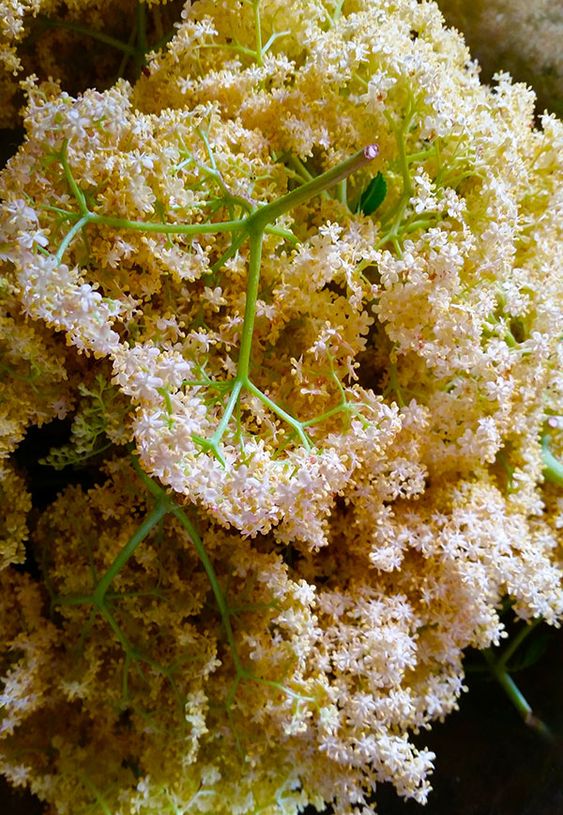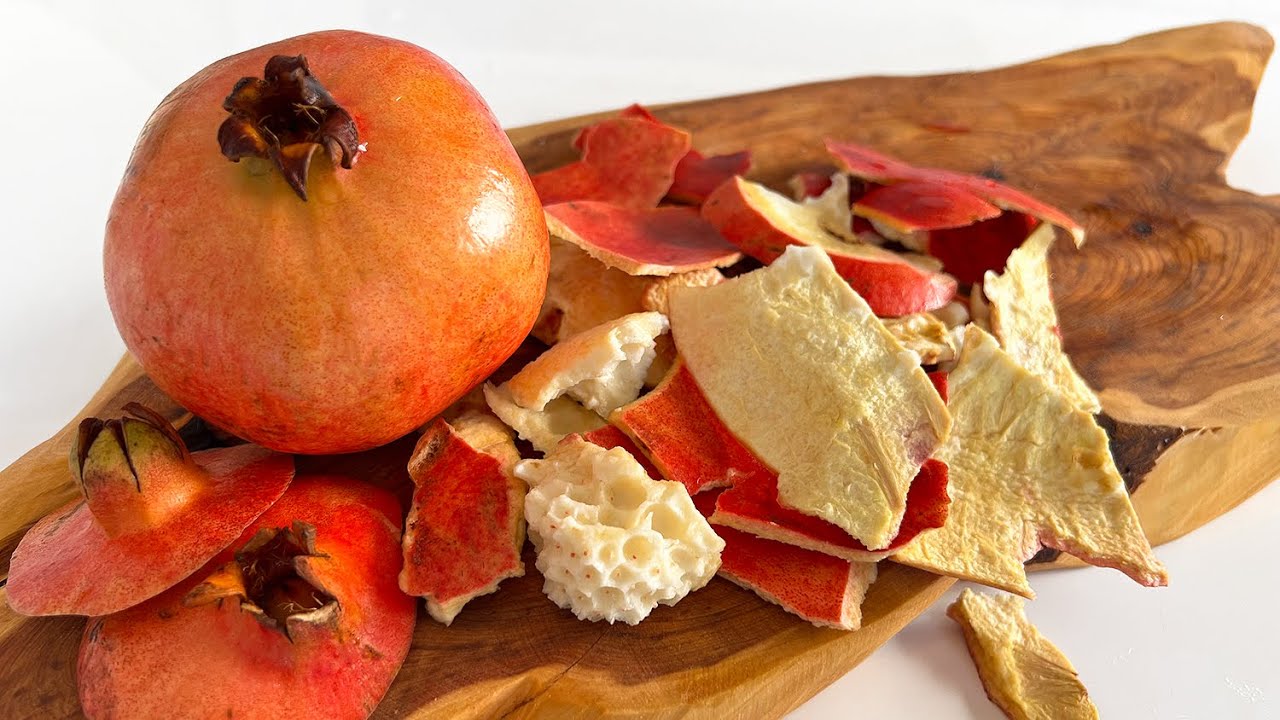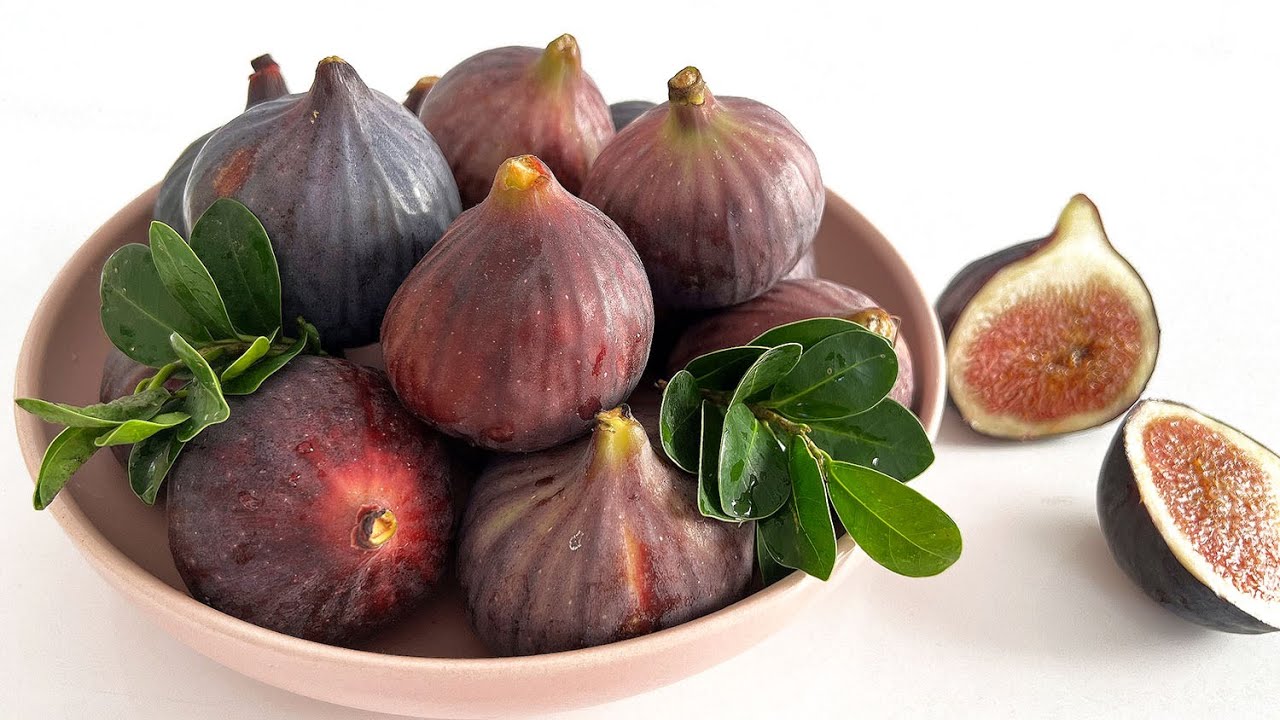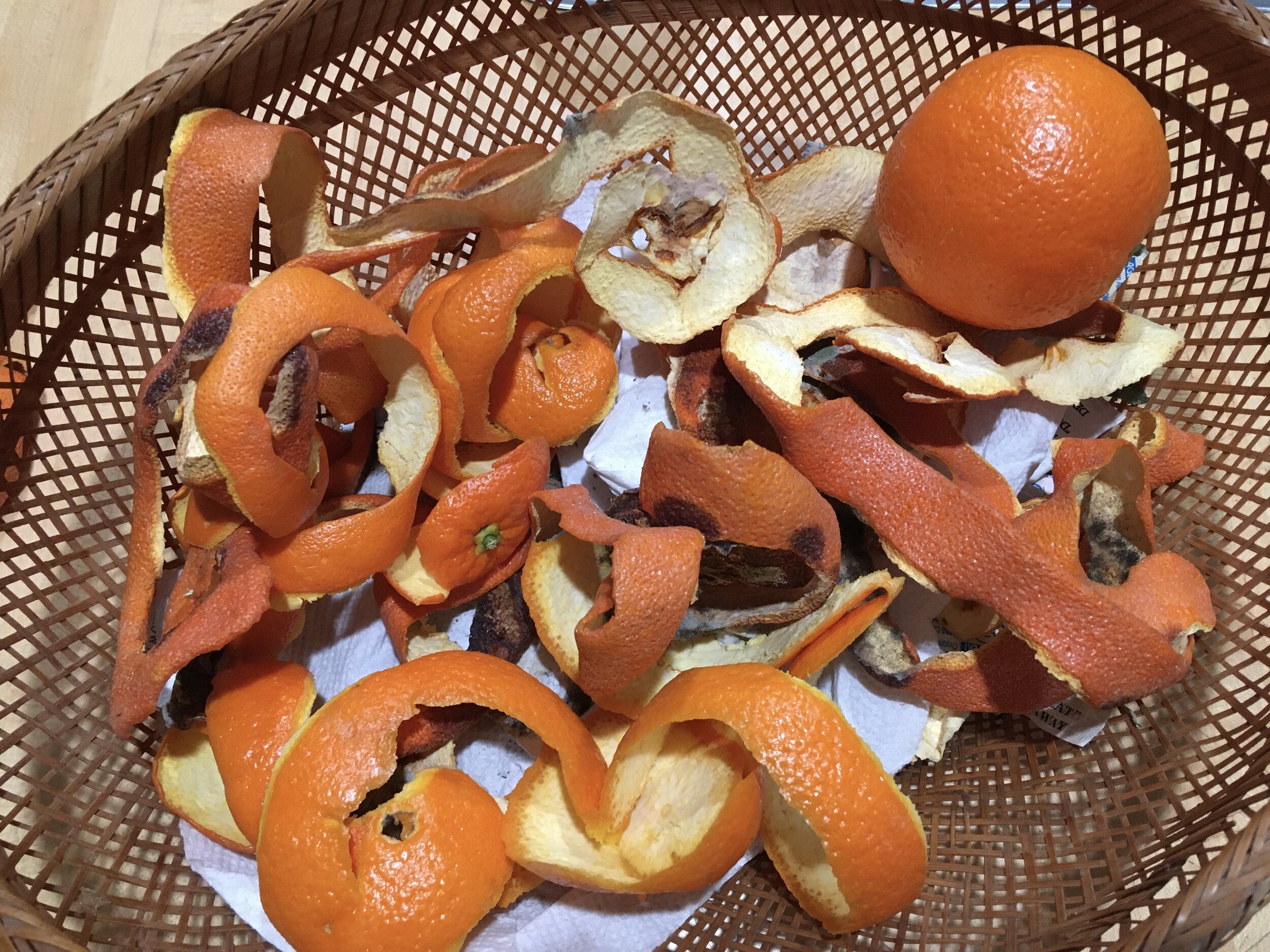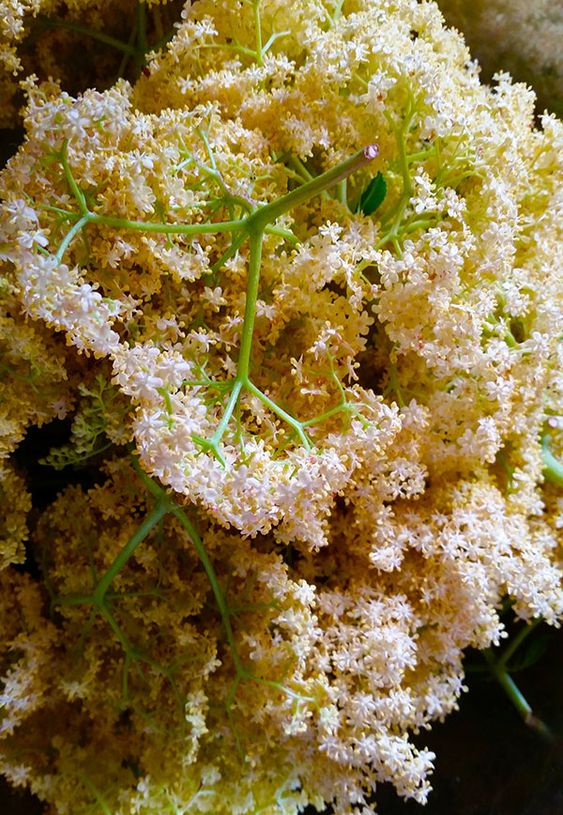
Elderflowers, with their delicate white blossoms and captivating fragrance, are a common sight in many landscapes, known not only for their beauty but also for their culinary and medicinal uses. However, it’s crucial to understand the importance of leaving these flowers on the plant during certain times of the year. Here’s why you should resist the urge to pick elderflower blossoms, and what you can look forward to if you wait.
The Lifecycle of Elderflowers
Elderflowers bloom from late spring to early summer, marking a period when nature is exceptionally active. The flowers serve a vital role in the ecosystem, attracting numerous pollinators such as bees and butterflies, which are essential for the cross-pollination of many other plants and flowers in the area.
Why You Should Not Pick Elderflower Blossoms
-
Preservation of Natural Habitats: Picking elderflowers can disrupt local wildlife habitats. Many insects rely on these flowers for food and survival during their early life stages. By leaving the flowers intact, you support the health of these crucial pollinators, which in turn helps maintain the balance of our ecosystem.
-
Ensuring Future Growth: The flowers, if left to mature after pollination, develop into elderberries, which are not only edible but also highly nutritious. These berries provide essential food for birds and other wildlife during the later months of the year. Furthermore, elderberries can be harvested and used in a variety of recipes, from jams to syrups, offering a rich source of vitamins and antioxidants.
What Happens If You Wait?
If you wait until the flowers naturally fall off and the berries form, you are not only contributing to environmental conservation but also setting the stage for a fruitful harvest. Elderberries typically ripen around late summer to early fall, and this is the best time to collect them if you are interested in using them for homemade remedies or culinary creations.
Conclusion
While it may be tempting to pick the beautiful elderflower blossoms for immediate use, waiting until they naturally mature into berries has far-reaching benefits. By doing so, you help sustain the local wildlife, contribute to the health of your surrounding environment, and can enjoy the rewards of elderberries that come from your patience and restraint. Remember, good things come to those who wait, and the elder plant is a perfect example of this timeless wisdom.
